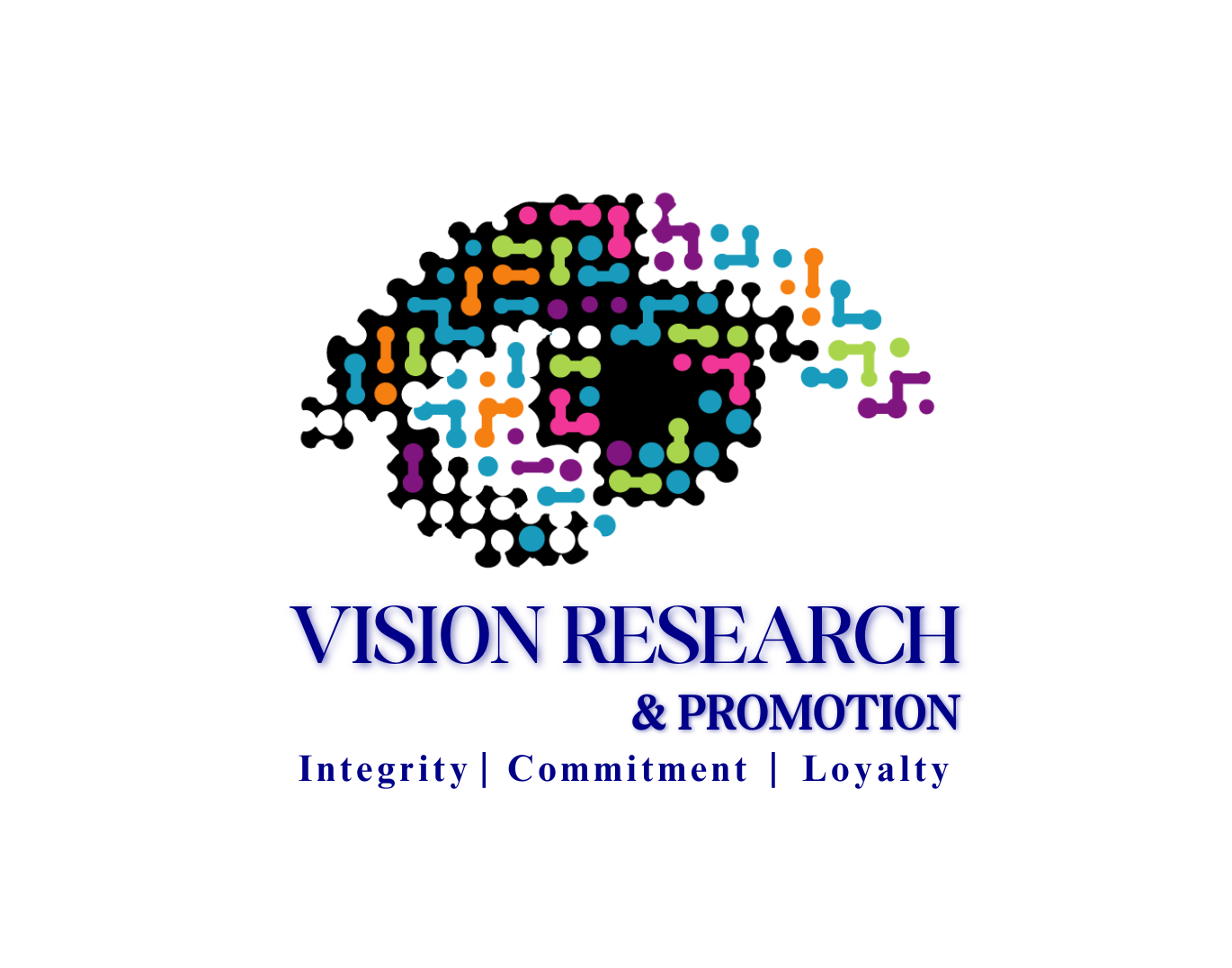Top 5 Data Collection Methods for Accurate Market Research
Market research is a cornerstone of informed business decision-making. To ensure accurate and reliable insights, businesses must employ effective data collection methods. This article explores the five most prominent approaches to gathering valuable market data.
1. Surveys
Surveys are a versatile tool for collecting a wide range of data, including opinions, preferences, and behaviors. They can be conducted online, via mail, over the phone, or face-to-face.
- Benefits: Cost-effective, reaches a broad audience, collects both quantitative and qualitative data.
- Challenges: Potential for bias, low response rates.
2. Interviews
Interviews offer a deeper level of understanding through one-on-one conversations. They can be structured, semi-structured, or unstructured.
- Benefits: Provides detailed information, explores complex topics, builds rapport with respondents.
- Challenges: Time-consuming, expensive, can be difficult to analyze.
3. Focus Groups
Focus groups facilitate group discussions to uncover insights, trends, and patterns. They are particularly effective for exploring shared perspectives and identifying common themes.
- Benefits: Generates rich and diverse insights, identifies trends and patterns, tests new ideas.
- Challenges: Can be difficult to moderate, influenced by group dynamics, expensive.
4. Observations
Observations involve watching and recording behavior in a natural setting. They can be participant or non-participant.
- Benefits: Provides firsthand insights, captures spontaneous behavior, studies cultural norms.
- Challenges: Time-consuming, subjective, difficult to analyze.
5. Social Media Listening
Social media listening involves monitoring online conversations to gain insights into trends, sentiment, and customer feedback.
- Benefits: Offers real-time insights, identifies emerging trends, tracks brand reputation.
- Challenges: Can be overwhelming, difficult to analyze, influenced by online biases.
Selecting the Optimal Method The most suitable data collection method depends on specific research objectives, budget, timeline, target audience, and the desired type of data. By carefully considering these factors, businesses can ensure that their market research efforts yield accurate and actionable insights.








